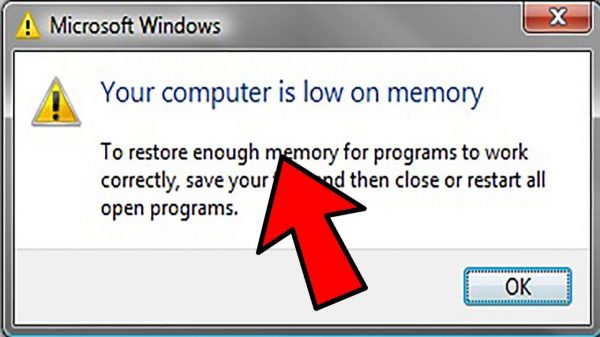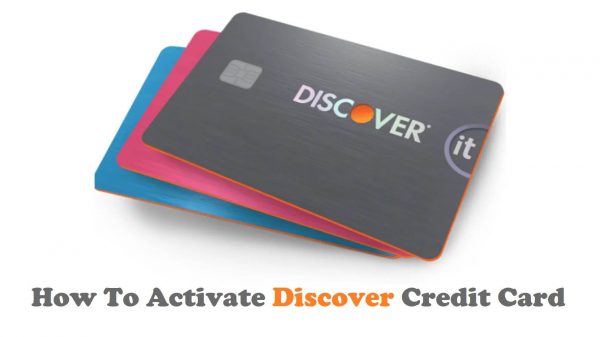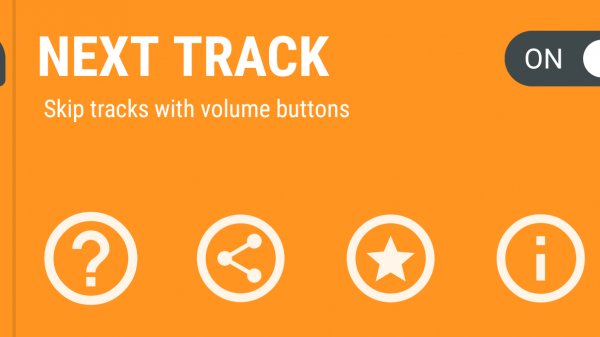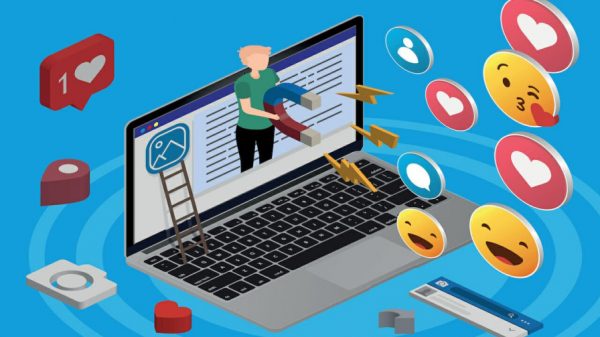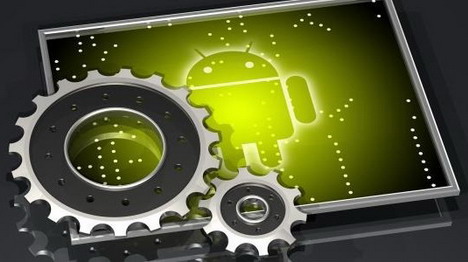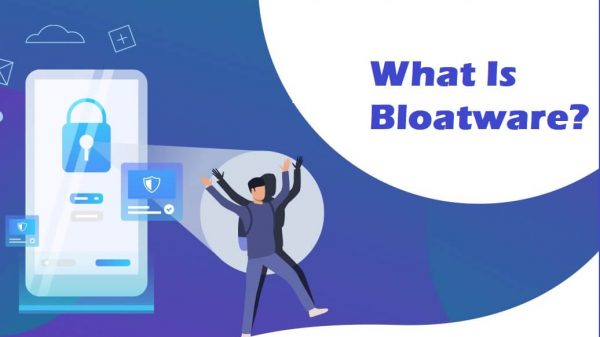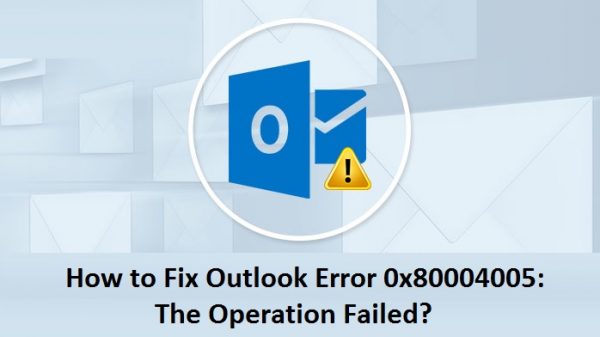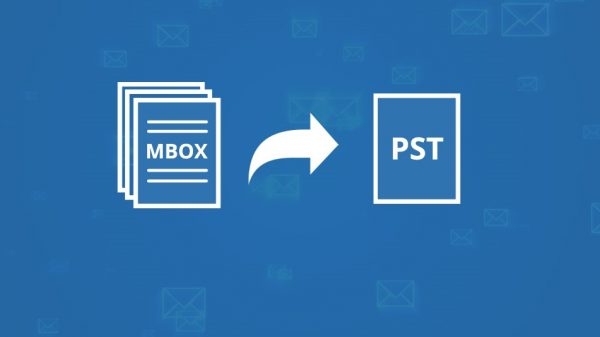Bloatware is a kind of useless programming that comes preinstalled on a PC, cell phone, or tablet. It occupies the room, lessens battery life, and handicapped people’s execution. Irritating, dangerous at worst, bloatware is seldom valuable and serves essentially as a revenue stream for manufacturers and merchants. Learn more about what bloatware is and remove bloatware to tidy up your gadget right away.
What reason did sellers introduce bloatware?
Merchants, makers, and carriers introduce bloatware as a sort of wishful reasoning. They trust you’ll like it, use it, and in the long run pay for it. The authority line is that bloatware adds value for clients. As indicated by manufacturers, these apps add usefulness to a working framework and are introduced to fulfill client inclinations. Unfortunately, that is seldom the situation. Quite often, bloatware is something you’ll need to eliminate from your Android or iPhone gadget ASAP.
Types of bloatware
Take a gander at various types of bloatware.
- Toolbars: Many apps introduce extra toolbars that jumble up your program, show you irritating ads, and give minimal supportive usefulness.
- Adware: These apps have no other reason than to serve you ads. Adware likewise incorporates irritating shortcut ways to business sites that are put in your work area.
- Trials: Short-term attempt before-you-purchase adaptations of programs you probably won’t require and unquestionably haven’t requested.
What does bloatware do?
Here’s a fast look at what bloatware could do for you and your gadget:
- Bloatware can cause execution issues: You may see your PC is delayed to boot up, moderate to respond when you click on something, crashes effectively, or your battery depletes rapidly, these are signs of bloatware. The greater amount of these programs you have working in the background of your PC each time you boot up, the more space and assets they take up.
Furthermore, bloatware tends to be inadequately designed; it can obstruct your gadget’s memory more than other sorts of programming.
- Bloatware can be intrusive: Numerous apps falling under the bloatware classification are blameworthy of introducing extra toolbars on your program. They do very little other than showing you irritating ads, or in any case hinder and even divert your expected online action.
- Bloatware can be risky to your digital privacy: The main danger presented by specific kinds of bloatware associating with the web? It can prompt the robbery of your financial data, for example, banking and credit card, and passwords.
The criminal programmers who take this can utilize it to delete your account or add to deceitful credit card bills in your name. Or on the other hand, they could sell your account data on the dark web.
Avoiding Bloatware
There are basically two sorts of bloatware, pre-introduced and accidental. There isn’t a lot you can do about pre-introduced bloatware, except to eliminate it. To max your odds of purchasing a PC that is free from bloatware, the wise thing is to purchase your PC from a premium PC-producer. This is a long way from an assurance, nonetheless, and you’ll be paying a premium too.
For accidental bloatware, bloatware you incidentally download from the web, there is some presence of mind tips you can follow to limit your odds of that event. This isn’t advanced science. It’s simply solid advice that will upgrade your security against numerous online dangers.
- Utilize a firewall: All major working frameworks have a firewall and all business switches available have an implicit NAT firewall. Ensure you empower them as they may secure you if you click a malignant connection.
- Only purchase good-reviewed and certified antivirus programming: from real sellers and arrange it to run a frequent scans at regular intervals.
- Think cautiously prior to tapping on pop-ups: While most are authentic, no one can tell where they’ll take you next.
- If your program shows a warning about a site: you are attempting to get to you should focus and get the data you need somewhere else.
- Try not to open connections in emails: except if you know precisely who sent the connection and what it is.
- Try not to click links (URLs) in emails: except if you know precisely who sent the URL and where it connects to. What’s more, that being said, investigate the connection cautiously. Is it an HTTP or an HTTPS connect? Most genuine sites use HTTPS today. Does the connection contain spelling blunders? In the event that you can get to the objective without utilizing the connection, do that instead.
Last thoughts – Is bloatware perilous?
Some bloatware is really genuine, non-dangerous programming. Its makers make bloatware to produce cash through publicizing, freemium preliminaries, and goading, not to deliberately put you in danger. Such bloatware can be considered as another bothering promoting and deals procedure that disappoints user experience and affects gadget execution.
However, other types of bloatware can be hazardous. When trialware lapses or preinstalled toolbars lead to risky sites, you can be left powerless against malware and spyware. This kind of bloatware is really malicious programming made to do hurt. That is the reason it’s imperative to find any cleanup tool that consistently removes a wide range of bloatware.


